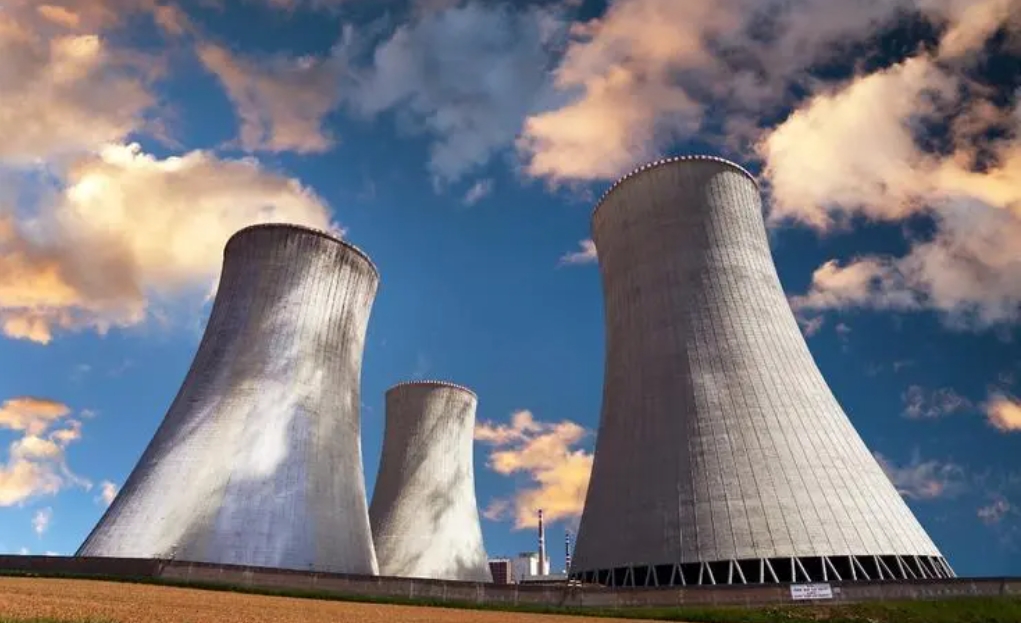The governor of Kagoshima prefecture Koichi Shiota on 21 December granted approval for Kyushu to continue operating the two ageing reactors past their 40-year deadlines, which will fall on 3 July 2024 for the No.1 reactor and 27 November 2025 for the No.2 unit.
Permission from local authorities is not officially required to prolong the lifespan of nuclear reactors in Japan, even under the stricter safety regulations created following the 2011 Fukushima nuclear disaster. But consent from local governments make it easier for a nuclear operator to keep using the reactors.
Kyushu secured safety approval from the country's Nuclear Regulation Authority (NRA) in November to extend the operational lifespan of the Sendai No.1 and No.2 reactors by 20 years to 60 years.
Kyushu has restored operations at all its four reactors, with a combined capacity of 4,140MW, after clearing stricter safety inspections following the Fukushima disaster. Two other reactors, the 1,180MW Genkai No.1 and No.2, have operated for 29 years and 26 years respectively.
The current nuclear rules also allow nuclear operators to use reactors beyond a maximum lifespan of 60 years by excluding the time spent under increased safety scrutiny in the wake of the Fukushima disaster. Any extension will require approval by Japan's trade and industry minister, as well as safety confirmation from the NRA.
